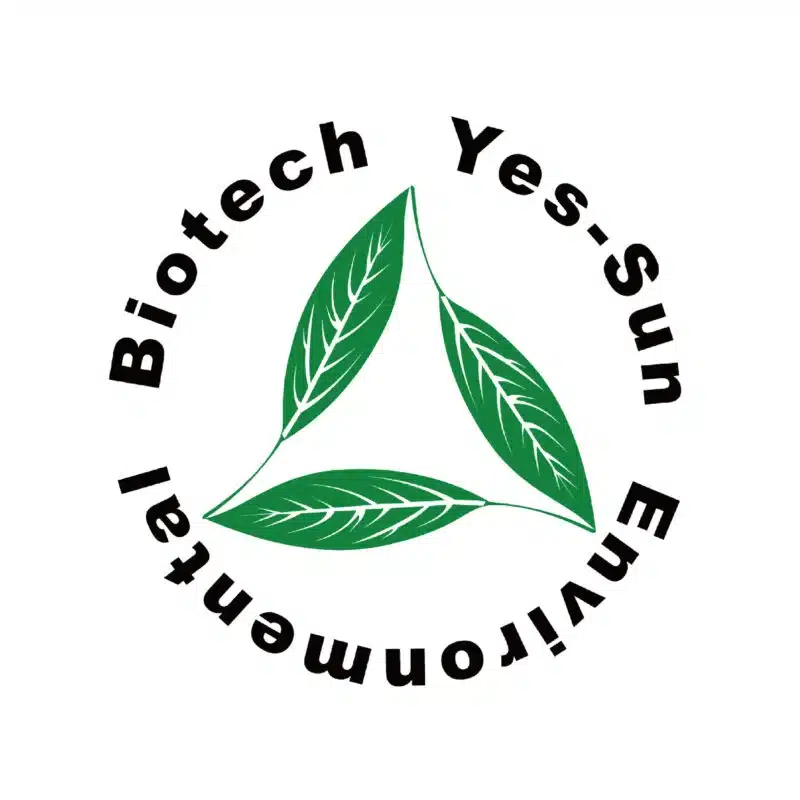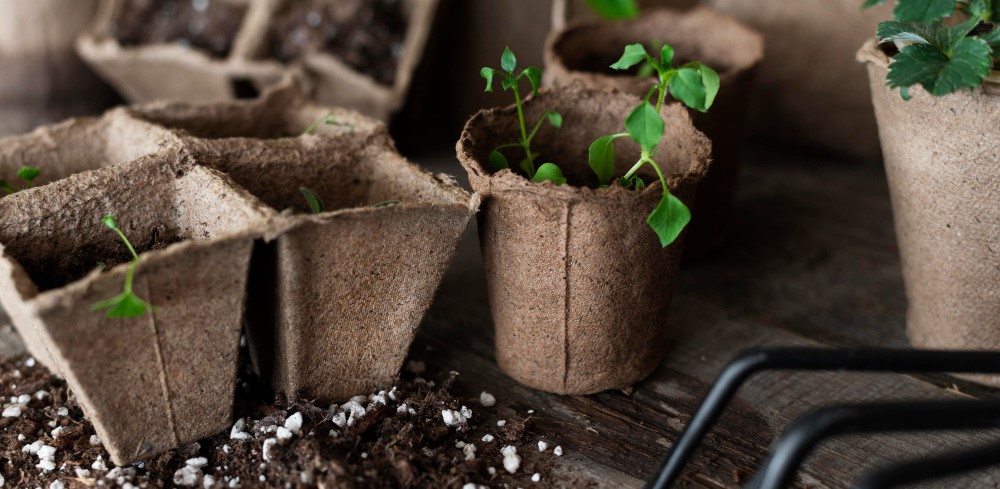by Christian Wißler, Bayreuth University
https://phys.org/news/2022-06-fertilizers-composting-large-quantities-biodegradable.html
A study by the University of Bayreuth, published in Scientific Reports, reveals that compost from German composting plants contains significant amounts of biodegradable microplastic particles. This research, part of the SFB 1357 “Microplastics” Collaborative Research Center, is the first to systematically examine commercially available compost for these particles. The study involved cooperation with four municipal biowaste recycling plants in Baden-Württemberg, which process biowaste into biogas and high-quality compost.
The researchers found that biodegradable microplastics, particularly those smaller than one millimeter, comprised 0.43% of the compost’s dry weight, exceeding the German Fertilizer Ordinance limit for larger particles (over two millimeters). This raises concerns about the effectiveness of existing legal and certification standards in protecting the environment and questions the suitability of biodegradable plastics as an alternative to conventional plastics.
The study also highlights that these microplastics can delay biological degradation and potentially enter the food chain. It calls for a reevaluation of the legally defined limit value to include smaller particles. Additionally, the study examined biodegradable plastic particles in liquid fertilizers produced by anaerobic treatment of biowaste, finding thousands of particles per liter.
Common plastics in both compost and liquid fertilizers were identified as PLA and PBAT, often originating from biodegradable rubbish bags used in households. The findings prompt a reassessment of the disposal of such plastic products as biowaste and their long-term environmental impact.
Discover the future of waste management with composting free technology
Handling organic waste properly can be challenging due to the unpleasant smell and dirty water produced during the composting process. Despite the availability of various composting technologies and equipment in the market, time and pollution remain significant concerns. However, a novel technology that combines patented equipment and enzymes offers a potential solution. This innovative approach can convert organic waste into fertilizer in just a few hours, and most importantly, without causing pollution.
Learn more


 中文 (台灣)
中文 (台灣) Bahasa Indonesia
Bahasa Indonesia Tiếng Việt
Tiếng Việt Bahasa Melayu
Bahasa Melayu Français
Français Español
Español Português
Português